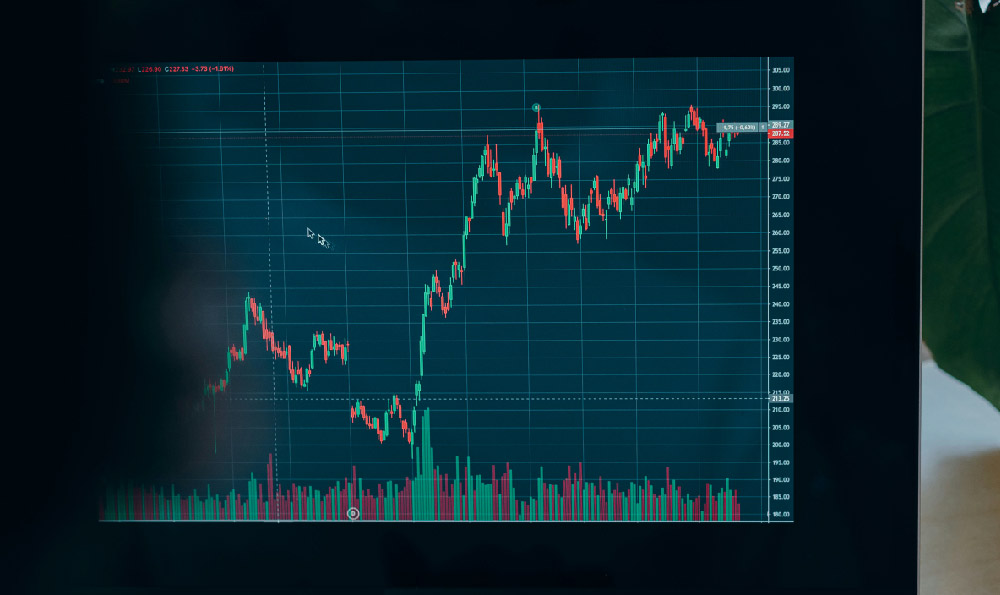Investing in hotels, particularly through fractional ownership, REITs, or even purchasing entire properties, presents both alluring opportunities and considerable challenges. The question of whether it's a "smart move" hinges on a complex interplay of market dynamics, individual financial goals, risk tolerance, and a thorough understanding of the hospitality industry. It's not a simple yes or no answer. Instead, prospective investors must carefully weigh a multitude of factors to determine if hotel investment aligns with their overall financial strategy.
One of the primary considerations is the macroeconomic environment. The health of the overall economy significantly impacts the travel and tourism sector, which directly affects hotel occupancy rates and revenue. During periods of economic expansion, increased disposable income often translates to more leisure and business travel, driving demand for hotel rooms. Conversely, economic downturns can lead to decreased travel, resulting in lower occupancy rates and reduced profitability for hotels. Analyzing GDP growth, employment figures, inflation rates, and consumer confidence indices provides valuable insights into the potential for hotel investments. Furthermore, understanding the specific regional and local economic conditions is crucial, as tourism patterns and economic stability can vary significantly across different geographic areas. For example, a hotel located in a thriving tech hub might perform well even during a mild economic slowdown, while a hotel reliant on seasonal tourism in a more vulnerable area might experience significant losses.
Beyond the macro picture, understanding the nuances of the local hotel market is paramount. This involves assessing factors such as the existing supply of hotels, the level of competition, average daily rates (ADR), occupancy rates, and revenue per available room (RevPAR). A detailed market analysis should identify potential opportunities and risks within the specific area where the hotel is located. Are there any new hotels planned or under construction that could increase competition? What is the demand for different types of hotel rooms (e.g., luxury suites, standard rooms, extended-stay accommodations)? What are the prevailing trends in the local tourism industry? Understanding these dynamics allows investors to gauge the potential for future growth and profitability. Consider, for example, a market with limited hotel supply and increasing tourism driven by a new convention center or a major infrastructure project. Such a scenario could present a compelling investment opportunity. Conversely, a market with an oversupply of hotels and declining tourism might be a high-risk investment.

Another critical factor is the specific type of hotel investment being considered. Investing in a hotel REIT (Real Estate Investment Trust) offers a relatively liquid and diversified way to gain exposure to the hospitality sector. REITs typically own and manage a portfolio of hotels, allowing investors to benefit from the collective performance of multiple properties. However, REITs are also subject to market volatility and may not provide the same level of control as direct ownership. Fractional ownership, on the other hand, involves purchasing a share of a hotel property, allowing investors to use the hotel for a certain number of days each year and receive a portion of the rental income. This can be attractive for those who want to enjoy the benefits of owning a vacation property without the full responsibilities of ownership. However, fractional ownership can be less liquid than REITs and may involve restrictions on usage and resale. Finally, purchasing an entire hotel property requires significant capital investment and expertise in hotel management. This option offers the greatest potential for profit but also carries the highest risk and requires a deep understanding of all aspects of hotel operations, from marketing and sales to staffing and maintenance.
The financial aspects of hotel investment require careful scrutiny. Investors need to assess the potential return on investment (ROI), net operating income (NOI), capitalization rate (cap rate), and other key financial metrics. A thorough due diligence process should involve reviewing the hotel's financial statements, conducting a property appraisal, and assessing the potential for future revenue growth. It's also essential to consider the financing options available and the associated interest rates. High interest rates can significantly reduce profitability, especially during periods of economic uncertainty. Furthermore, investors should factor in the costs of property taxes, insurance, maintenance, and management fees. These expenses can eat into profits and should be carefully considered when evaluating the financial viability of a hotel investment. A realistic and conservative financial model is crucial for accurately assessing the potential risks and rewards.
Beyond the numbers, the quality of management is a key determinant of a hotel's success. A well-managed hotel can attract more guests, generate higher revenue, and maintain a positive reputation. Investors should carefully evaluate the management team's experience, track record, and expertise in the hospitality industry. Are they experienced in managing similar types of hotels? Do they have a strong understanding of the local market? Do they have a proven ability to increase occupancy rates and revenue? A strong management team can make all the difference between a successful hotel investment and a financial disaster. Consider researching guest reviews and online reputation scores, as these reflect the quality of service and management practices.
Finally, it is important to acknowledge the inherent risks associated with hotel investment. The hospitality industry is highly cyclical and susceptible to economic fluctuations, geopolitical events, and seasonal variations. Unexpected events, such as natural disasters or pandemics, can have a devastating impact on hotel occupancy rates and revenue. Furthermore, competition from alternative lodging options, such as Airbnb and other vacation rentals, can erode market share. Investors should be prepared for potential downturns and have a contingency plan in place to mitigate risks. Diversification is also crucial. Avoid putting all your eggs in one basket. Spreading your investments across different asset classes can help to reduce overall portfolio risk.
In conclusion, investing in hotels can be a smart move, but it requires careful planning, thorough research, and a realistic assessment of the risks and rewards. Investors should consider the macroeconomic environment, local market conditions, the type of hotel investment, the financial aspects, the quality of management, and the inherent risks. By carefully weighing these factors, investors can make informed decisions and increase their chances of success in the hospitality sector. Seeking advice from experienced financial advisors and real estate professionals is highly recommended to navigate the complexities of hotel investment.












